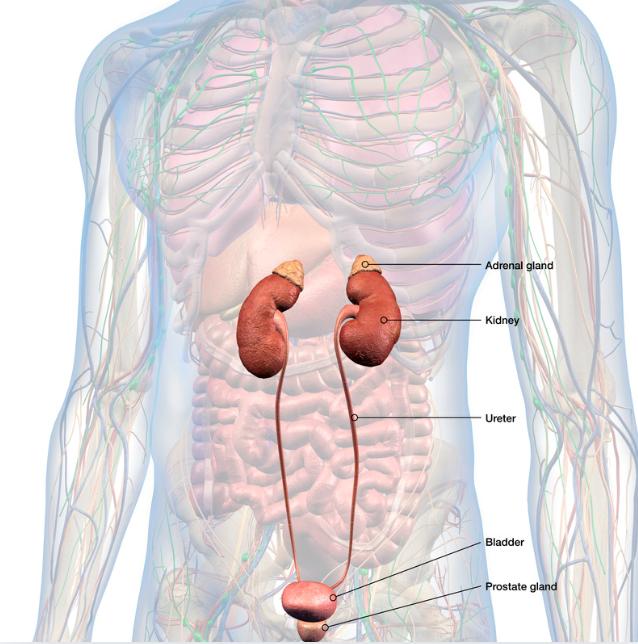



In Traditional Chinese Medicine (TCM), the bladder plays a vital role in maintaining overall health through the following functions:
1. Storing and Excreting Urine: The primary function of the bladder is to store and excrete urine. It helps manage the body's fluid balance by eliminating excess fluids and waste products.
2. Regulating Fluid Metabolism: The bladder assists in regulating the distribution and balance of fluids in the body. It works closely with the kidneys to maintain proper fluid levels.
3. Supporting the Kidneys: The bladder is considered to support and be closely related to kidney function, particularly in the context of fluid regulation and the storage of urine.
How Does Bladder Dysfunction Relate to Pain?
When the bladder is not functioning optimally, it can lead to various types of pain and discomfort. Here’s how bladder-related issues manifest in TCM:
1. Bladder Qi Deficiency: A deficiency in Bladder Qi can result in symptoms such as frequent urination, urinary incontinence, and a feeling of weakness. This can also lead to lower abdominal pain or discomfort due to insufficient Qi supporting bladder function.
2. Bladder Damp-Heat: Accumulation of dampness and heat in the bladder can cause symptoms such as painful urination, a burning sensation, and a feeling of pressure or fullness in the lower abdomen. This condition may also lead to dark, concentrated urine and possible urinary tract infections.
3. Bladder Yin Deficiency: When Bladder Yin is deficient, there is insufficient moisture and cooling in the bladder. This can result in symptoms like dry mouth, a feeling of heat, and lower abdominal pain that feels dry or burning. It may also lead to frequent, scanty urination and thirst.
4. Bladder Damp-Cold: When there is excess cold and dampness in the bladder, it can cause symptoms such as a sensation of heaviness and pain in the lower abdomen, cloudy or turbid urine, and a feeling of chilliness. This condition is often associated with a lack of warmth and energy.
5. Bladder Qi Stagnation: Stagnation of Bladder Qi can result in lower abdominal pain, a sensation of pressure, and difficulty urinating. This condition can be related to emotional stress or physical strain affecting the bladder.
Common Symptoms of Bladder-Related Pain
Here’s how bladder dysfunction might present in terms of pain and discomfort:
● Lower Abdominal Pain: Often associated with Bladder Qi deficiency or Qi stagnation, manifesting as a sensation of weakness or discomfort in the lower abdomen.